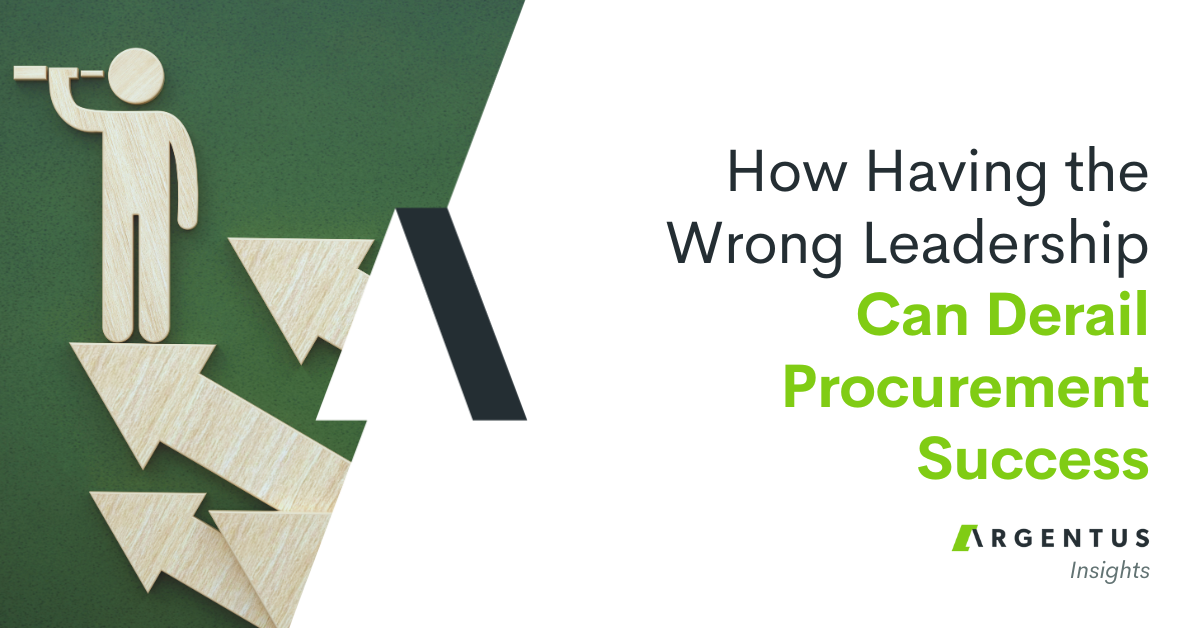Written by Supply Chain Executive Mike Mortson. This guest post first appeared on Mike’s industry blog, Supply Chain Game Changer.
When I began my career there was no such thing as “Supply Chain Management.” Supply Chain was not a title to be found anywhere on any organization chart.
Yet all of the functions that we now associate with Supply Chain have been around for a very long time: Planning, Inventory Management, Logistics, Procurement and Purchasing, Warehousing and many more.
So what exactly is the definition of “Supply Chain Management”? Interestingly there are many views on how to define Supply Chain.
The Evolution of Supply Chain!
The phrase “Supply Chain Management” was originally coined by Keith Oliver in 1982 and subsequently gained increasing popularity as its usage was proliferated in books and language.
It was at that time I began my career. Again I had never heard of “Supply Chain” in those early days. I worked in Materials Handling, Packaging Engineering, Warehouse Space Planning, Resource Planning, Procurement, Inventory Management and Control, Production Control, Systems Management and other areas. But it was almost a decade before the phrase “Supply Chain Management” was more commonly used.
Nowadays I view “Supply Chain Management” as involving most every aspect of any business. It is an umbrella term which encompasses the end-to-end aspects of Finance, Operations, Development, Sales, Manufacturing, Distribution, Customer Management, Supplier Management, Technology and I/T.
Supply Chain touches everything which is one of these reasons it is such an exciting field to be a part of.
But that being said there are still a large number of definitions of “Supply Chain Management”. Let’s review some of those definitions here:
10 Definitions of Supply Chain Management!
1. Supply Chain Management (SCM) is the management and oversight of a product from its origin until it is consumed. SCM involves the flow of materials, finances and information. This includes product design, planning, execution, monitoring and control. The goal of this process is to reduce inventory, increase transaction speed and improve work flow with profit in mind.
2. APICS, the global association for supply chain management professionals, defines supply chain management as: “the design, planning, execution, control, and monitoring of supply chain activities with the objective of creating net value, building a competitive infrastructure, leveraging worldwide logistics, synchronizing supply with demand, and measuring performance globally.”
(Source)
3. SCM is the management of a network of all business processes and activities involving procurement of raw materials, manufacturing and distribution management of Finished Goods. SCM is also called the art of management of providing the Right Product, At the Right Time, Right Place and at the Right Cost to the Customer.
(Source)
4. Supply chain management is the design, planning, execution, control, and monitoring of supply chain activities with the objective of creating net value, building a competitive infrastructure, leveraging worldwide logistics, synchronizing supply with demand, and measuring performance globally.
(Source)
5. Supply Chain Management is the management of upstream and downstream value-added flows of materials, final goods, and related information among suppliers, company, resellers, and final consumers.
(Source: Nabil Abu el Ata, Rudolf Schmandt (2016), The Tyranny of Uncertainty, Springer, ISBN 978-3662491041)
6. CSCMP’s definition is: Supply chain management encompasses the planning and management of all activities involved in sourcing and procurement, conversion, and all logistics management activities.
Importantly, it also includes coordination and collaboration with channel partners, which can be suppliers, intermediaries, third party service providers, and customers. In essence, supply chain management integrates supply and demand management within and across companies.
(Source)
7. SCMA defines supply chain management (SCM) as: The process of strategically managing flows of goods, services, finance and knowledge, along with relationships within and among organizations, to realize greater economic value through: Supporting enterprise strategic objectives, Contributing to the achievement of strategic competitiveness of the enterprise, Contributing to the enhancement of the competitive advantage of the enterprise and Enhancing customer satisfaction.
(Source)
8. Supply chain management (SCM) is the broad range of activities required to plan, control and execute a product’s flow, from acquiring raw materials and production through distribution to the final customer, in the most streamlined and cost-effective way possible.
SCM encompasses the integrated planning and execution of processes required to optimize the flow of materials, information and financial capital in the areas that broadly include demand planning, sourcing, production, inventory management and storage, transportation — or logistics — and return for excess or defective products. Both business strategy and specialized software are used in these endeavors to create a competitive advantage.
(Source)
9. Supply chain management is the management of the flow of goods and services and includes all processes that transform raw materials into final products. It involves the active streamlining of a business’s supply-side activities to maximize customer value and gain a competitive advantage in the marketplace.
SCM represents an effort by suppliers to develop and implement supply chains that are as efficient and economical as possible. Supply chains cover everything from production to product development to the information systems needed to direct these undertakings.
(Source)
10. A supply chain is a global network used to deliver products and services from raw materials to end customers through an engineered flow of information, physical distribution, and cash. A supply chain, in view of the above supply chain management definition, comprises a network of both entities and processes (the engineered flow). A supply chain doesn’t have to be global, but the massive chains that interest us in this course -the ones that run through corporations, are decidedly global in scope.
(Source)
And one more definition for good measure:
11. Management of material and information flow in a supply chain to provide the highest degree of customer satisfaction at the lowest possible cost. Supply chain management requires the commitment of supply chain partners to work closely to coordinate order generation, order taking, and order fulfillment. They thereby create an extended enterprise spreading far beyond the producer’s location.
(Source)
Conclusion
The definitions included here are only a small sample of the various definitions of Supply Chain Management that are out there. And a quick scan of these definitions certainly highlights some common elements. But just as importantly there are many elements that are included in some definitions but not in others.
So what is your view? Is there a definition which you believe clearly matches your perspective? Or do you have a better definition than those we have highlighted here? If so please complete our poll, comment and send us your definition!




I had no idea that there were so many definitions of supply-chain management. The fact that the term was first coined in 1982 is interesting, as well. My boss is considering getting a management service for ours, and I think he’d find this to be an interesting read.